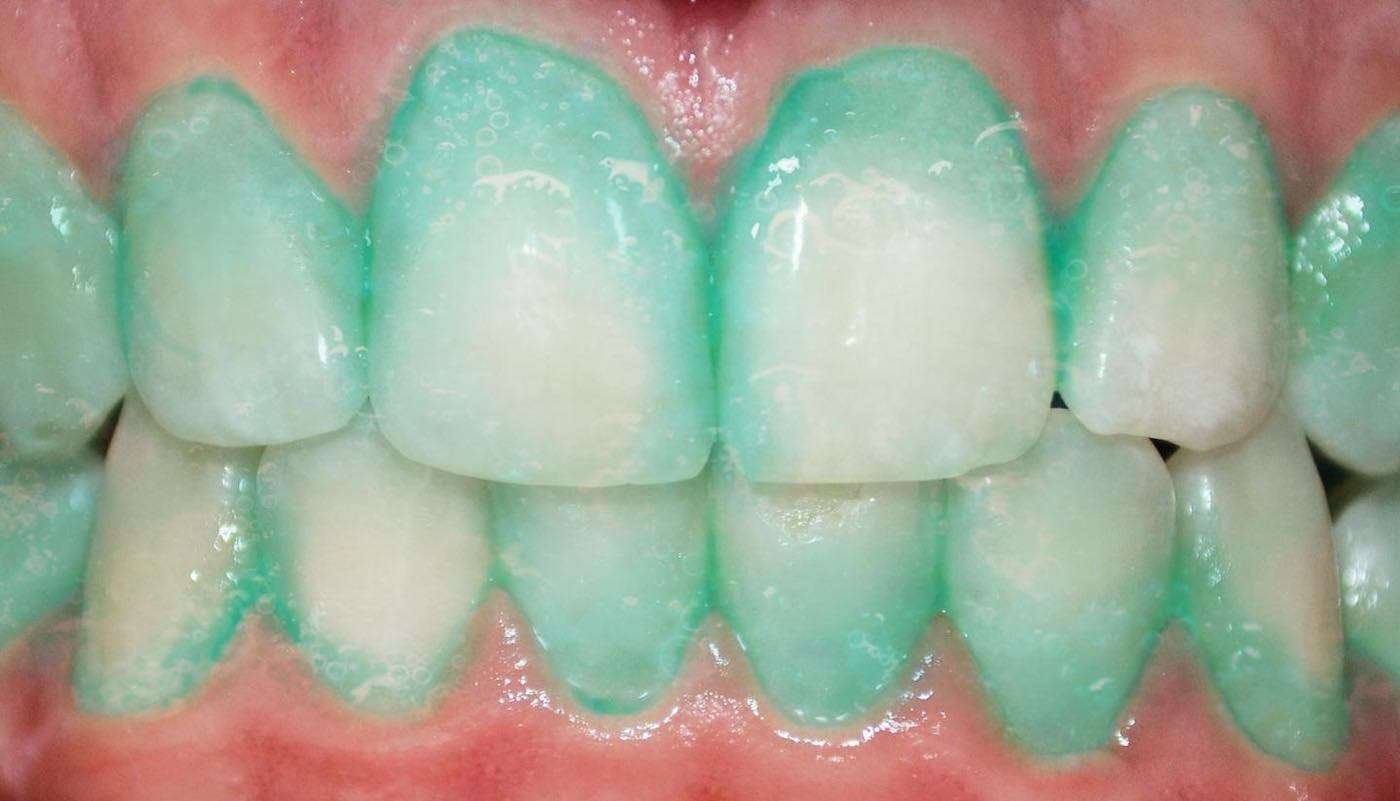The world's first toothpaste that identifies dental plaque could also help reduce rates of heart attack and stroke, says this new study.
The patented Plaque HD toothpaste was initially developed by an orthodontist in 2009 to provide a safe, at home plaque-reduction program for patients. Plaque HD utilizes Targetol Technology, a gluten-free coloring agent, to provide a more efficient way to highlight and clean harmful plaque from patients' teeth and gums.
This unique plant-based concentrated combination of cleaning agents has been proven to remove more than twice the amount of plaque than conventional toothpastes.
Additionally, results published this week from a randomized trial of subjects with dental plaque confirms that Plaque HD produces statistically significant reductions in inflammation throughout the body.
For decades, researchers have suggested a link between oral health and inflammatory diseases affecting the entire body-in particular, heart attacks and strokes. Inflammation is measured by high sensitivity C-reactive protein (hs-CRP). Hs-CRP is a sensitive marker of inflammation, but it is also an accurate predictor of future heart attacks and strokes.
These results are published online ahead of print in the American Journal of Medicine.
In this trial, all randomized subjects were given the same brushing protocol and received a 30-day supply of toothpaste containing either Plaque HD or an identical non-plaque identifying placebo toothpaste. To assess hs-CRP, levels were measured by Quest Diagnostics using an enzyme linked immunosorbent assay.
"The current findings show that Plaque HD significantly decreases hs-CRP in subjects with elevated levels at baseline, which is similar to the findings in our previous trial," said Dr. Charles H. Hennekens, senior author and the First Sir Richard Doll Professor in Florida Atlantic University's Charles E. Schmidt College of Medicine.
"These results provide a strong rationale to conduct a large-scale randomized trial whose results could have significant clinical and public health implications," added Hennekens.
Two years ago, the prestigious New England Journal of Medicine ranked the original manuscript published in 1997 by Hennekens and colleagues on aspirin, inflammation and cardiovascular disease, as their most influential original report of the last 20 years.
The data derived from the landmark Physician's Health Study, in which Hennekens was the founding Principal Investigator, indicated that hs-CRP predicted future heart attacks and strokes.
A report from the United States Centers for Disease Control and Prevention found that 47.2% of American adults aged 30 years and older have some form of periodontal disease, a pathological inflammatory condition of the gums and tissues surrounding the teeth.
Periodontal disease increases with age affecting more than 70% of adults 65 years and older. Prior research has suggested that periodontal disease may be connected to variety of other diseases, including heart disease and stroke and other inflammatory diseases such as rheumatoid arthritis. Inflammation throughout the body may be a crucial link between periodontal and other systemic diseases.
Based on the findings of this trial performed at the Marshfield Clinic Research Center, Hennekens and colleagues are drafting an investigator initiated research grant proposal to the National Institutes of Health (NIH).
This randomized trial will test whether the reduction in inflammation throughout the body by Plaque HD leads to decreases in progression of atherosclerosis in the coronary and carotid arteries for which systemic inflammation is a crucial precursor.
Clean Up Negativity By Sharing The Good News With Your Friends On Social Media…










Be the first to comment